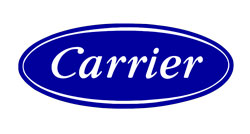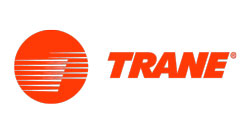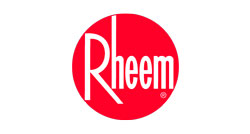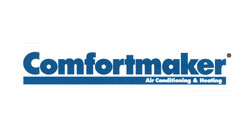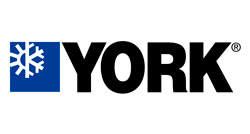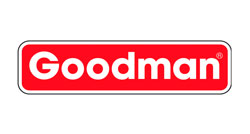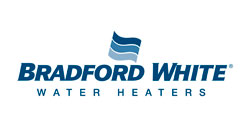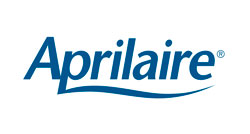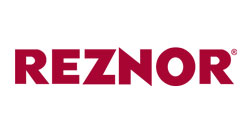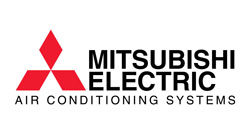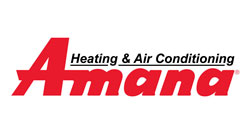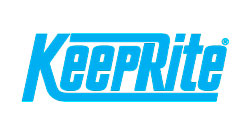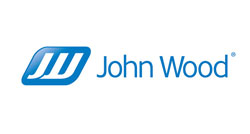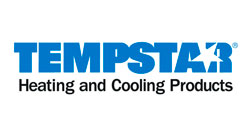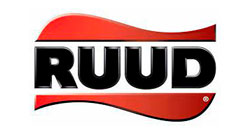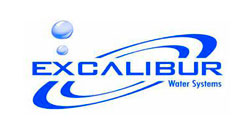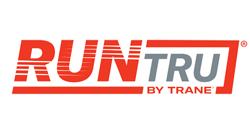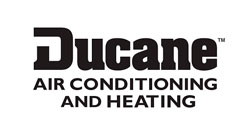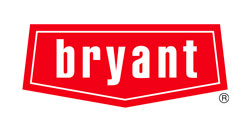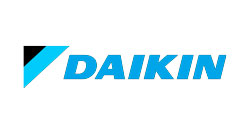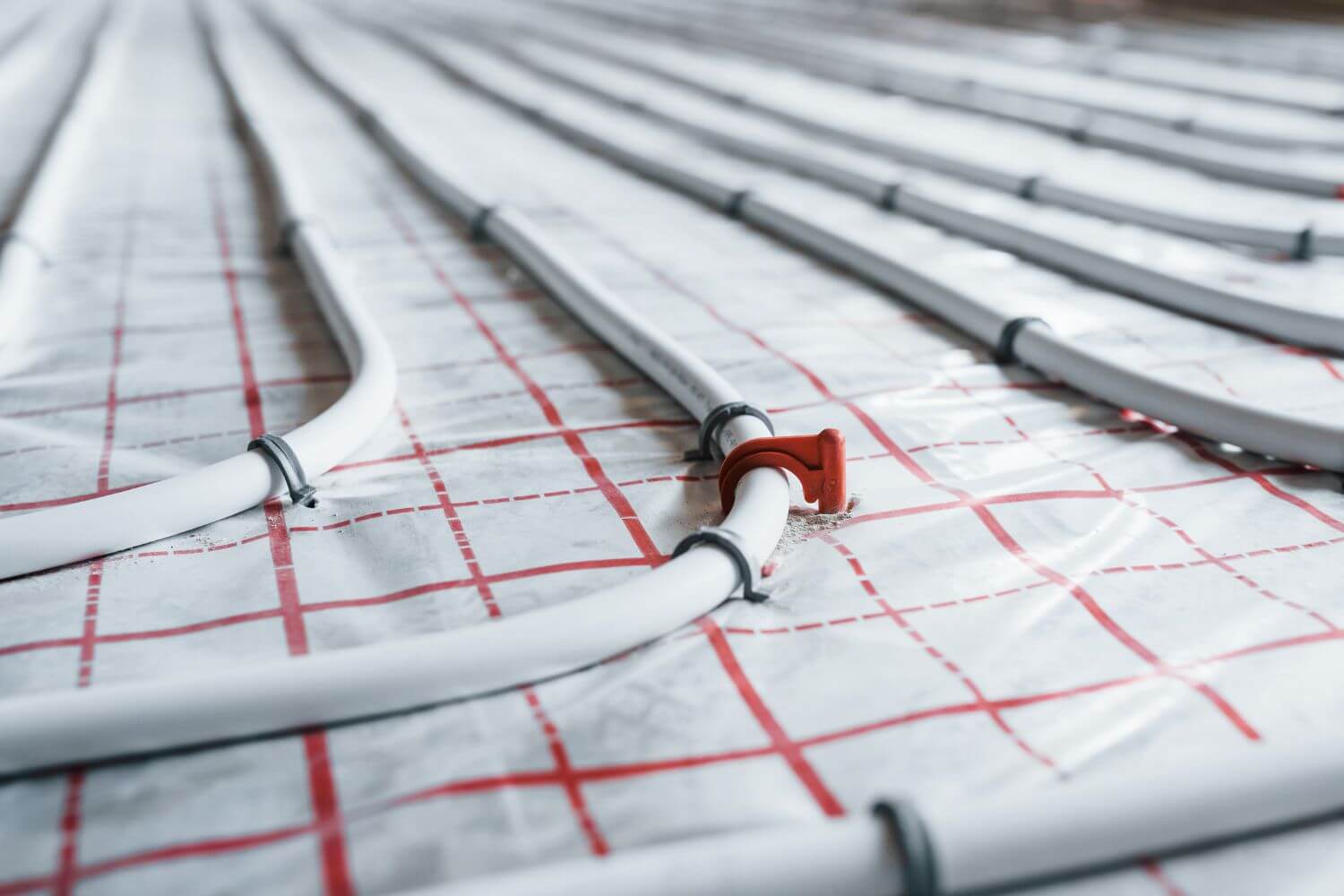
SERVICING: CALGARY & THE CMR
HYDRONIC RADIANT HEATED FLOORS
Are you looking to install hydronic radiant heated floors in your home? Maybe you have an existing hydronic underfloor heating system that needs to be repaired? One Stop HVAC offers professional installation and repair services for underfloor hydronic heating systems in Calgary. Call us today!
Same / Next Day
Service 24/7
Rating 5/5
Google Reviews
Licensed TSSA
Technicians
Served Over 1000
Local Residents
Get Your Free
Estimate Today
Great Prices
Guaranteed

Hydronic Heated Floors Installation, Repairs & Maintenance
Hydronic radiant heated floors are quickly becoming one of the most popular heating solutions for Calgary homes. These systems operate by circulating hot water from a boiler through pipes installed beneath the floor, ensuring efficient and consistent heating across your property. Compared to traditional forced-air systems, hydronic systems consume less energy and minimize heat loss throughout the day, making them a smart and energy-efficient heating option. When you work with One Stop HVAC you can expect:
- Same-day appointments & 24/7 repairs
- Professional installers, with specialized training in hydronic systems
- Customized hydronic heated floor installation & repair plans
- Partnerships with leading manufacturers in hydronic heating technology
Our Service Area
Top Rated Service
Grab Your Exclusive Coupon Now
FREE
HUMIDIFIER INSTALLATION
With an AC Installation purchase.
10% OFF
SENIORS DISCOUNT
We offer seniors 10% off on all labour.
FREE
AC COVER
With an AC Installation purchase.
WHY SHOULD YOU UPGRADE YOUR HOMES HEATING?
Benefits of New Hydronic Heated Floors
Hydronic radiant heated floors offer countless advantages over traditional forced air systems, there is no guessing as to why this new heating system is quickly becoming the favourite among commercial and residential spaces. We have outlined a few key advantages of hydronic heated floors:
- Efficient zone control: Incorporate multiple thermostats and control valves to efficiently heat specific zones,.
- Lower energy consumption: Hydronic heat feels warmer at lower thermostat settings, leading to lower energy usage compared to air systems.
- Minimal heat loss: Heat produced by hydronic systems remains within the space as there is no loss through ductwork.
- No need for filters: Hydronic systems do not require air filters, as they do not produce blowing air, simplifying maintenance.

Our Processes
01. WHOLE-HOME ASSESSMENT
Our technicians use the latest diagnostic equipment to ensure transparent suggestions, ensuring maximum energy efficiently in your home.
02. CREATE HOME PLAN
We believe in being transparent with our clients, taking a collaborative approach to create HVAC plans that cater individual requirements.
03. ENHANCE YOUR PERFORMANCE
Whether it's a minor repair or the installation of a new appliance, our goal is to help you achieve long-term cost-effective results.
04. TEST AND MEASURE
Before we finish we conduct finial testing to ensure your appliance is operating to the best of it's ability.
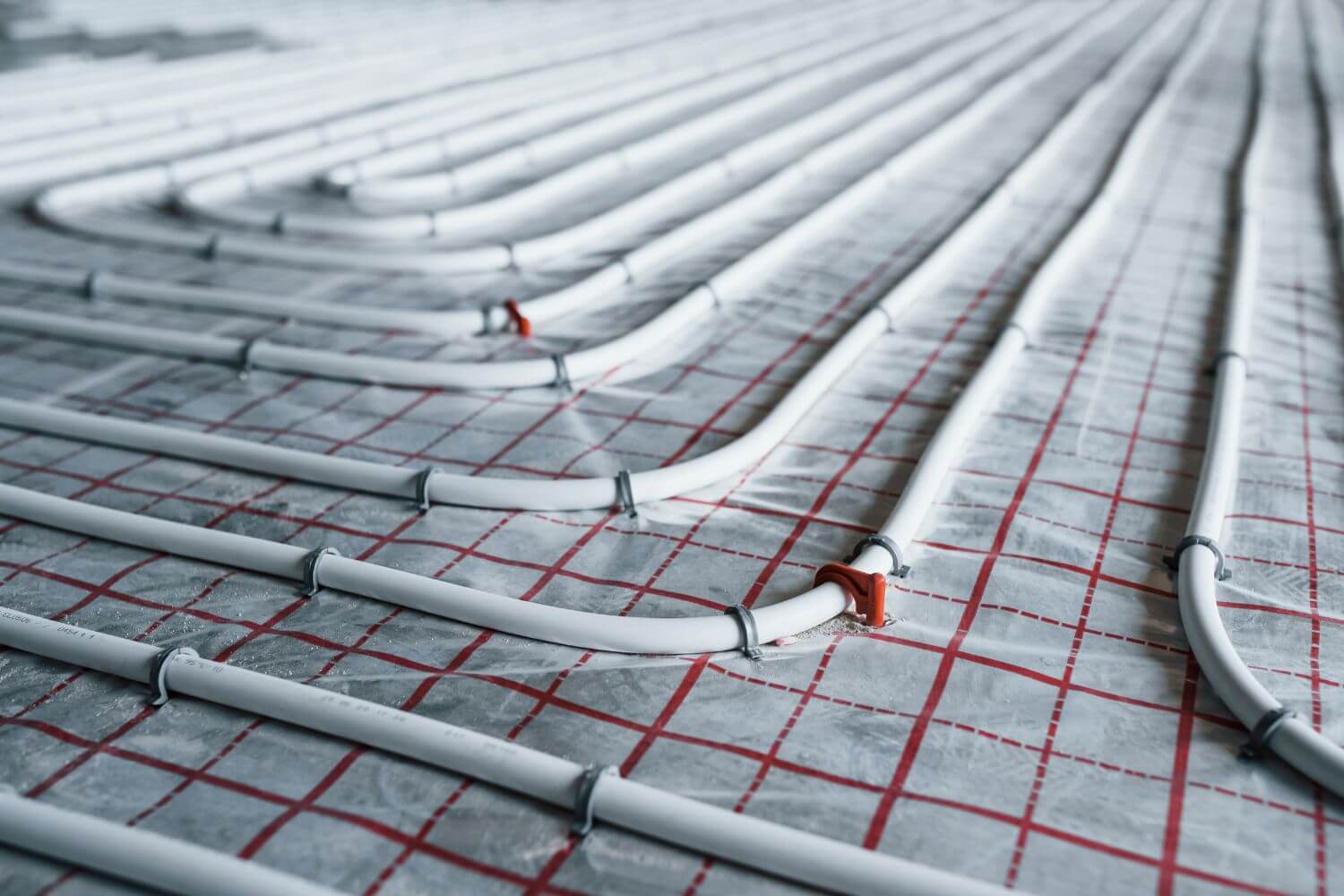
How Does Hydronic Heating Work?
Hydronic heating utilizes hot water circulated through sealed pipes to distribute heat evenly throughout your home. Unlike traditional heating systems that rely on blowing warm air, hydronic heating radiates warmth upward, ensuring consistent heat without cold spots or temperature fluctuations. Thermal radiation is the key mechanism at play here, as heat is transferred through the air via electromagnetic radiation waves it gradually warms the space.
Thermostats can be installed to regulate the temperature of each room or zone independently, allowing for personalized comfort settings throughout your home. This zoning capability not only enhances comfort but also contributes to energy savings by only heating the areas that are in use. With proper installation and regular maintenance, a hydronic heating system can provide reliable warmth for many years to come, making it a worthwhile investment for any home.

Call us to get a Free Quote!
We even offer financing options for new hydronic heated floor installations!
Common Problems with Hydronic Heated Floors
Hydronic heated floors are an excellent choice for homeowners, but like any heating system, they can experience issues that require attention. Here are the top 3 common issues that may arise with hydronic heated floors:
- Zone Valve Problem: Zone valves are crucial components that regulate the flow of hot water from the boiler to different areas of your home’s under-floor heating system. When these valves malfunction due to wear and tear or improper installation, it can result in inconsistent or halted water flow, leading to unpredictable heating patterns.
- Damaged Piping: While hydronic heating system piping is designed to be durable, it can still be susceptible to damage over time. Factors such as corrosion from regular usage or damage during remodeling projects can disrupt the flow of hot water, causing inconsistencies in heating performance.
- Air Locks: Despite proper installation, interruptions in water flow from the water source can lead to the formation of air locks within the piping of hydronic radiant floor heating systems. These air locks, caused by the accumulation of oxygen bubbles, can block the flow of water and result in disruptions to heating.



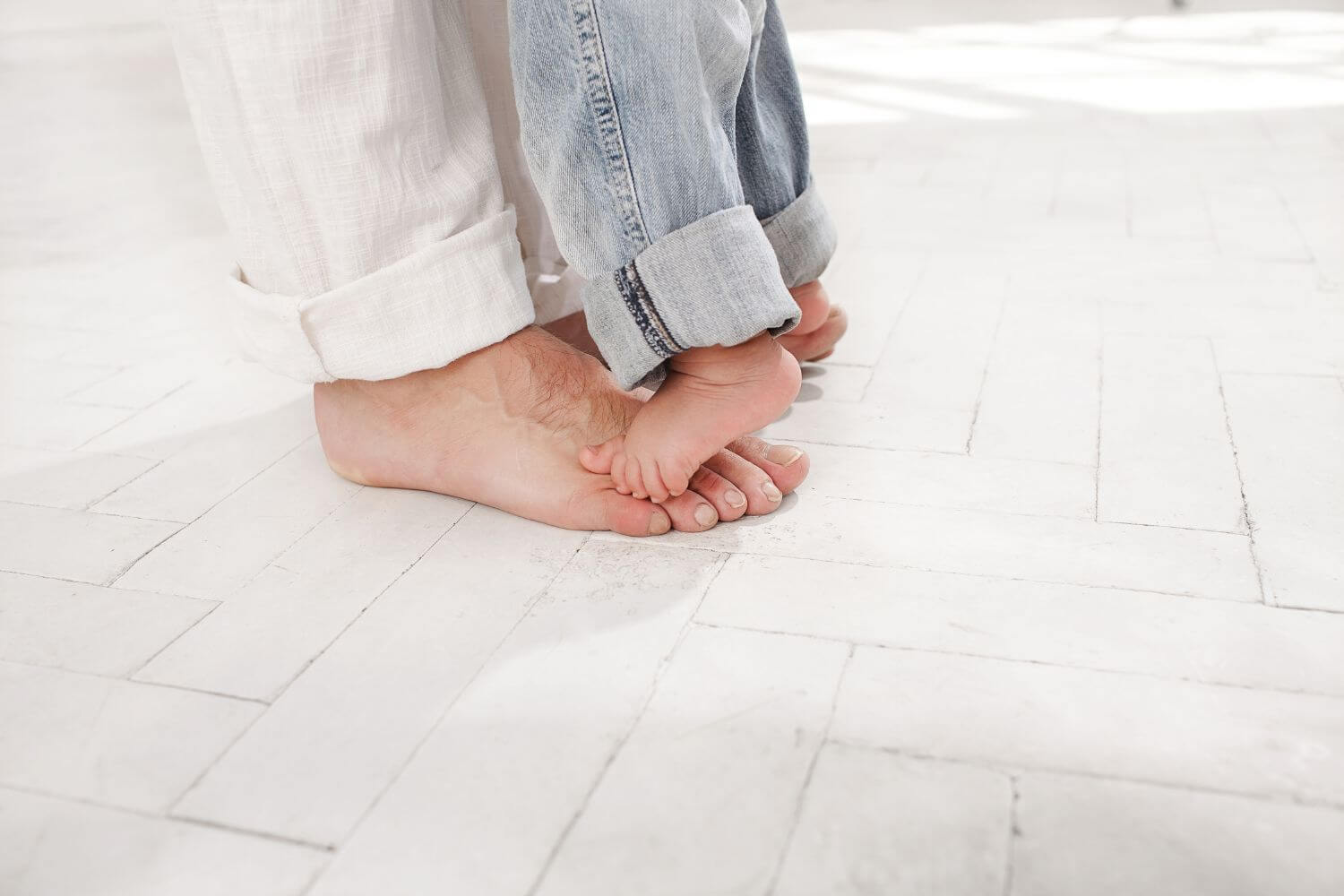
Hydronic Heated Floors FAQs
Yes, hydronic floor heating can be installed under various types of flooring, including tile, hardwood, laminate, and carpet. However, the installation process and efficiency may vary depending on the flooring material.
Hydronic floor heating is highly energy-efficient as it distributes heat evenly across the room at a lower temperature, resulting in reduced energy consumption compared to traditional heating methods.
The installation time for hydronic floor heating can vary depending on the size of the area and the complexity of the system. On average, it might take a few days to a week to complete the installation.
Hydronic floor heating systems require minimal maintenance, but it’s recommended to have periodic checks by a professional to ensure the system operates efficiently. This may include inspecting the boiler, checking for leaks in the pipes, and ensuring the thermostat and controls are functioning correctly.

